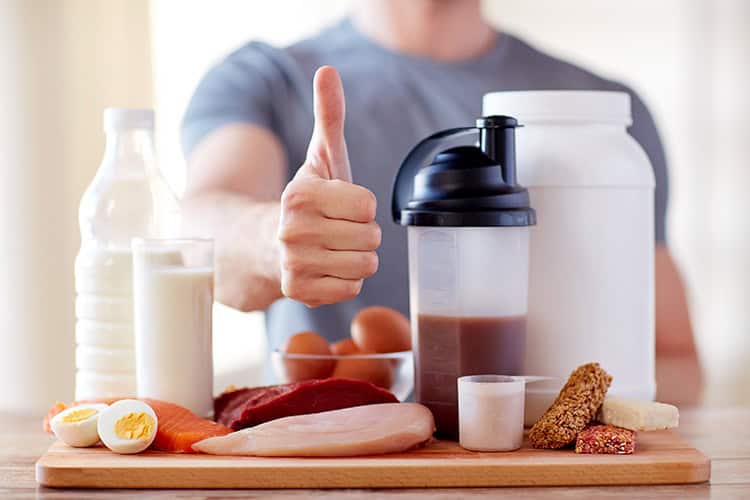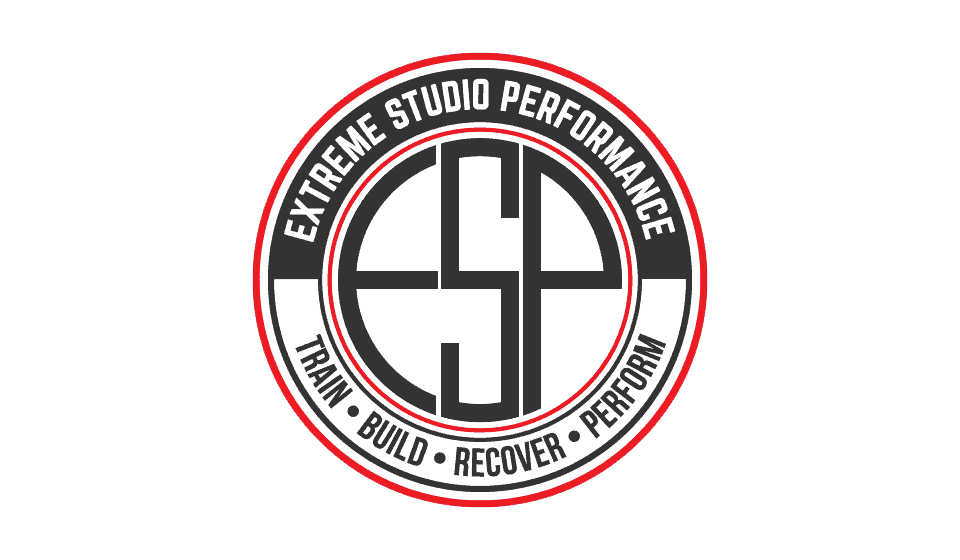
If you’re into fitness or you hang out with people who frequent gyms, then you probably already know how important protein is for building muscles. That’s not the only reason we need protein, though.
Protein is one of three macronutrients. Together with carbohydrates and fats, protein is one of the main nutrients that your body needs to keep functioning well. Getting rid of any of these macros or cutting back on them too much isn’t healthy. The key is making sure you get all these macronutrients from healthy sources.
This is the final post in our macronutrient series. Click here to read the first post on carbs and here for the second post on fats.
 Why Protein?
Why Protein?
Our bodies use protein as the building block for cells. You need protein to build muscle, but it’s also used in pretty much every body function. That includes balancing the hormone system, regulating metabolism, and maintaining healthy tissues.
Protein literally keeps you alive. Healthy proteins are essential for good health. They also help your body heal more effectively. Protein’s role in muscle repair and muscle building is why many athletes supplement with protein powder.
Which Foods?
A healthy diet is all about choices. Protein is no exception to this rule. For example, processed meats have lots of protein, but they’re also full of unhealthy fats and often other additives that aren’t good for you. You’ll want to get your protein from healthy sources.
- Red meat and poultry
- Fish and seafood
- Eggs
- Beans and lentils
- Nuts and seeds
- Whole grains, like rice
- Yogurt
- Tofu
- Whey powder
Proteins from animal sources tend to be easier to absorb. They’re also complete proteins, containing all the essential amino acids. You can get most (or even all) your protein from plant-based sources, but they’re not complete proteins on their own. If you’re vegetarian, you just need to be careful to get your protein from a variety of sources (for example, beans and rice) to make sure you get all the needed amino acids.
How Much Protein?
Medical experts recommend that protein should make up 10% to 35% of your total daily calories. The wide variation is mostly because more active individuals need more protein. Protein needs also vary based on age and sex.
If you don’t work out much, the average adult needs about 0.35 grams of protein per pound of body weight every day. If you’re working out regularly and trying to build muscles, though, you’ll need 0.5 to 0.8 grams per pound of body weight each day.
Put in more everyday terms, the Academy of Nutrition and Dietetics says the average adult man should eat 6 to 6.5 ounce-equivalents of protein and the average woman should eat 5 to 5.5 ounce-equivalents. Examples of ounce equivalents included one ounce of cooked meat, ¼ cup of beans, or one egg. Active adults will need more protein.
If you’d like help with developing a nutrition plan that’s customized to your body, we offer Nutrition Coaching here at Extreme Studio Performance. If you’re interested in fitness, understanding food should be a top priority. Nutrition accounts for over 80% of your fitness and health results. Contact us today for more info or to schedule a free tour and fitness evaluation.
